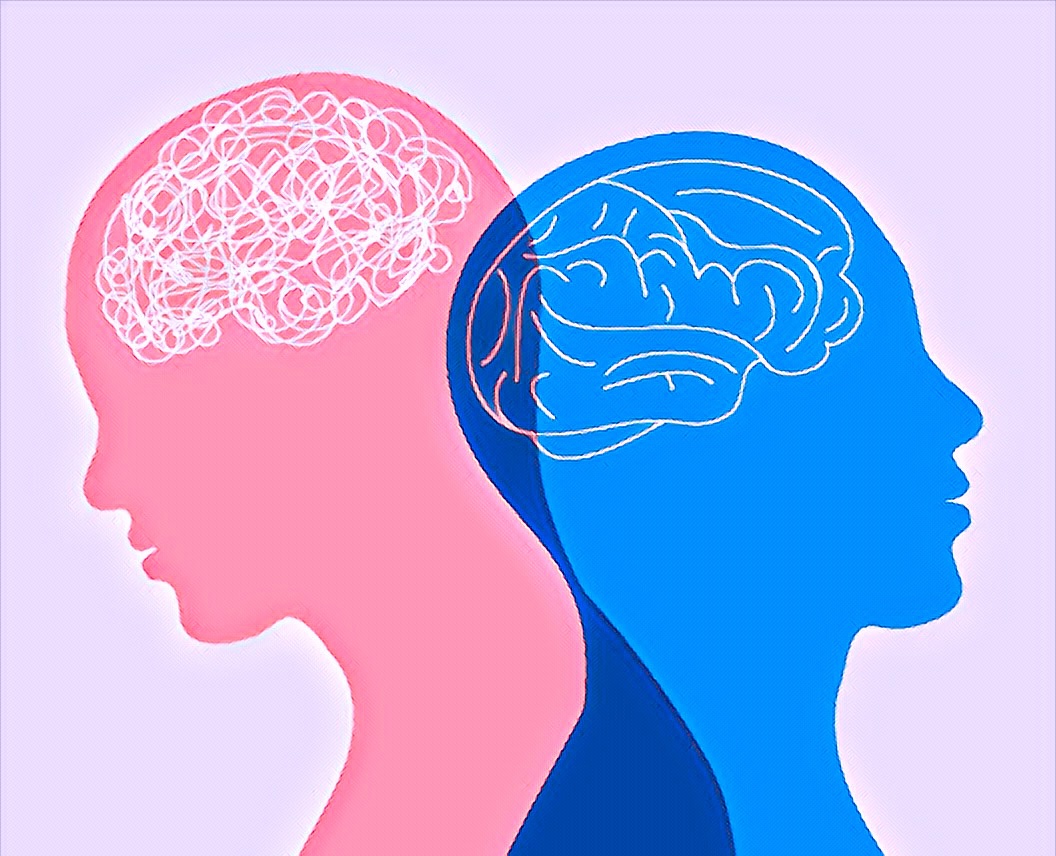KEY POINTS
- Over 40 million Nigerians face mental health issues with limited access to care.
- COVID-19 worsened depression, anxiety, and suicide, especially in youth.
- Slow action on the 2022 Mental Health Bill leaves support to NGOs.
Nigeria is currently experiencing a great mental health crisis. This crisis among others has remained unaddressed.
Between 2020 and 2024, several reports have emphasized the urgent need for the reformation of mental health in Nigeria. Despite this emphasis, little to nothing has been done about it.
Mental health disorders have become the order of the day. According to a report by the World Health Organization (WHO), around 40 million people are affected by mental illness in Nigeria.
The prevalent mental illnesses include depression and anxiety disorders. In 2017, about 7 million Nigerians suffered from depressive disorders, and 4.9 million had anxiety disorders. In addition to these, people also suffer from substance abuse disorders, bipolar disorders, schizophrenia and personality disorders.
One major factor propagating this crisis is the shortage of mental health professionals in the country. With a population of over 200 million people, Nigeria has less than 300 psychiatrists. This shortage has left many people, especially in rural communities, with little to no access to adequate and appropriate care.
Impact of the COVID-19 pandemic and economic situation
The COVID-19 pandemic further crumbled the already fragile state of mental health in the country. In a survey carried out by the National Library of Medicine, 95.5 percent of the participants rated mental health care as an important part of the COVID-19 pandemic response. However, only 8.6 percent felt that the mental health needs of Nigerians were adequately addressed during the pandemic.
According to the research, about 90.5 percent of the participants made a report about experiencing psychological distress such as fear, worry, apprehension, panic attacks, poor sleep and sadness. 50.5 percent experienced worry, 15.5 percent experienced fear, 15.9 percent experienced apprehension.
These were caused by the lockdown, disruptions of daily routine and loss of livelihoods. In addition to the COVID-19 pandemic, high rates of unemployment among the youth, coupled with societal pressures and expectations, have also contributed to a surge in suicide rates.
Dr. Ifeanyi Uchenna, a mental health expert, remarks, “The rise in suicides is linked to the economic crisis and depression that Nigerians experience daily. This is especially true when they don’t have a social support system in place to help them through hard times.”
Slow progress despite legislative reforms
The government finally passed the Mental Health Bill in 2022 after a long legislative process. However, little has changed since then, as implementation has been slow. Also, people are more focused on physical health than mental health.
There needs to be widespread education on mental health. The government has done an okay job providing amenities for people’s physical health but they also need to start placing premium importance on mental health.
People who are suffering from mental health crises cannot contribute productively and efficiently in any capacity they find themselves. This would affect the economy in the long run.
Also, there needs to be the establishment of safe spaces, where people can express their feelings and frustrations. A lot of people commit suicide because they have no one to talk to so they bottle up their feelings till they can no longer handle it.
Without the government prioritizing mental health by making investments in infrastructures and facilitating nationwide educational initiatives to reduce stigma, the crisis will continue to grow, leaving millions to suffer in silence.


